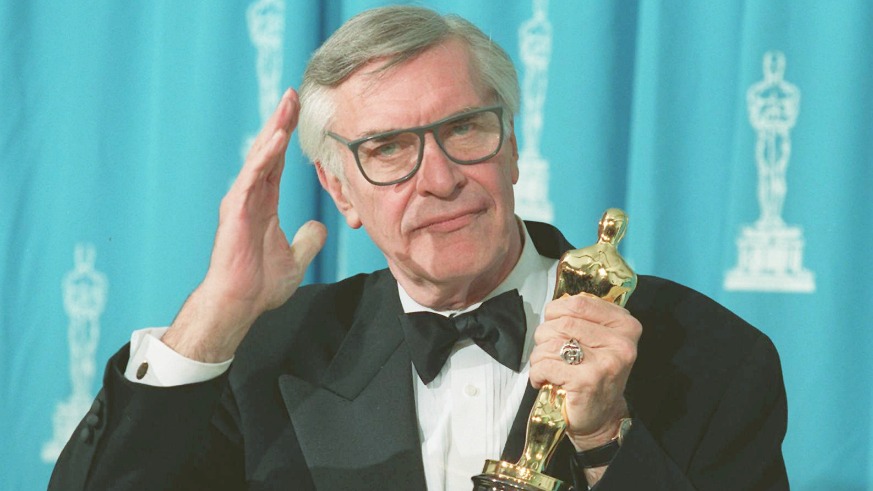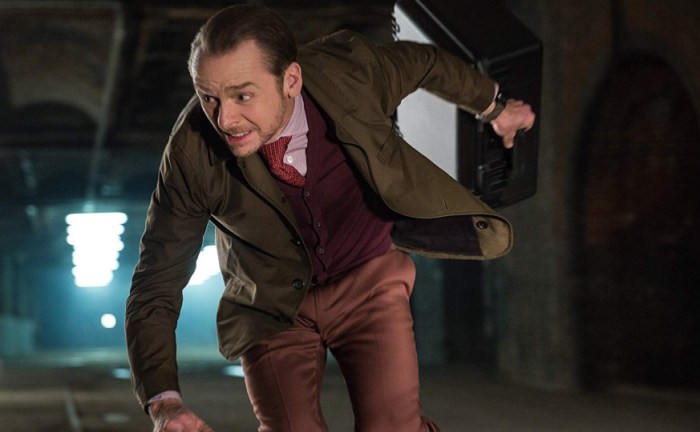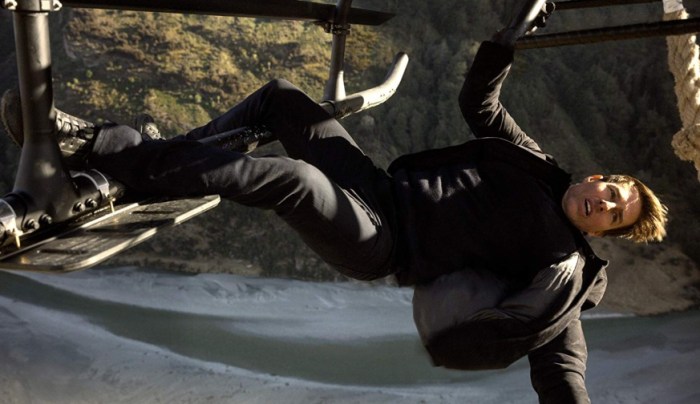Martin Landau has passed away at the age of 89. It’s only fitting that an actor who only got better with age would live that long. Landau spent the first half of his career as a journeyman — a character actor with leading man looks. (In youth, he faintly resembled John Cassavetes.) It wasn’t till his late 50s that people caught on that he was far more than that.
Till that time came, movies and television didn’t quite know what to do with him. Landau was a Hollywood staple in his 30s. His breakthrough was as the quiet, sinister right-hand man of baddie James Mason in Alfred Hitchcock’s “North by Northwest.” He popped up amongst the throngs in “Cleopatra” and “The Greatest Story Ever Told.”
Landau was an early adopter of television, which is to say back when being on the tube would taint your brand. Fearing (rightly) his film career would sag, he insisted on only being a frequent guest on “Mission: Impossible,” then gave in and became a regular in its second season. His ’70s filmography is sparse in part because he was one of the leads on “Space: 1999” from 1975 to 1977.
Then he had a comeback — or, more accurately, people finally realized how great he was. Francis Ford Coppola was the first one to catch on, casting him as crusty financier Abe Karatz in “Tucker: The Man and His Dream.” The movie was a bomb, but Landau walked away from it with a Golden Globe and an Oscar nomination, and a career that was better than ever.
Woody Allen was the second one to notice. Jumping on Coppola’s back, he gave Landau one of the two main roles in 1989’s “Crimes and Misdemeanors.” Allen took the other, playing a frustrated filmmaker in love with Mia Farrow. Allen’s half is lighter, funnier, though still bleak; Landau’s is all bleak. He plays a doctor who orders his mistress (Anjelica Huston) murdered so as not to ruin his bourgeois life. Ultimately he finds a way to justify it, finds inner peace. But it’s a long journey there. The movie lives on Landau’s ashen face, whose color has been drained by what he’s done, and whether or not he’ll ever be able to live with it.
Landau’s face is also part of the appeal in “Ed Wood,” the film that got him his Oscar. He played Bela Lugosi at his life’s end — washed-up, bitter, cantankerous, morphine-addicted. Even when he finds a fanboy friend in Johnny Depp’s History’s Worst Film Director, he never fully recovers his mojo. It was Landau at his most animated and hilarious; mysteriously, him blowing up on a poor crew member who unthinkingly referred to him as “Karloff’s sidekick” in “The Black Cat” was not the ceremony’s Oscar clip. But his face is weighed down by a life of regret. We can never only think of him as a grumpy old man yelling at people.
From there on out, Landau relaxed into an autumnal career of playing authority types and grandfatherly figures. He always brought gravitas — even in “B*A*P*S” — but he also always brought more than he was asked. You could always sense in the roles, no matter how thin, a long life that had been lived, filled with disappointments and heartbreak as well as joy and happiness. He only had three times to really shine, and he nailed all of them. Some actors don’t even get one.


















